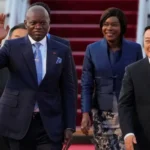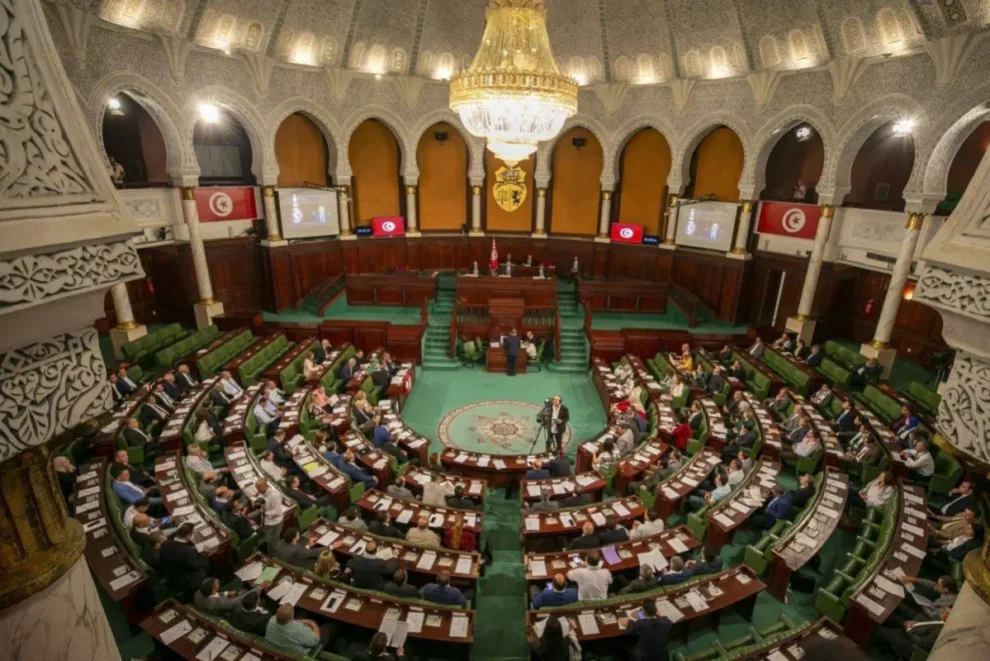The Tunisian Labour and Achievement Party has asked parliament not to consider amending a law which allows the administrative court to settle electoral disputes, Anadolu reported yesterday.
The proposed amendment, submitted by more than a third of the members of parliament, has sparked controversy and protests from human rights organisations and the opposition who say it threatens the credibility of elections.
Yesterday, the party, led by Abdel Latif Mekki, said it considered the amendments “a violation of the law and legitimacy, and a blow to state institutions.”
“In the midst of the electoral process, this amendment is a political crime against the nation and the people, and we call on you not to allow yourselves to be tools for its implementation.”
“Your involvement or rejection of this amendment represents the dividing line between those who seek to cut the last thread linking Tunisia to democracy, and those who are trying to maintain a glimmer of hope in restoring it,” his statement read.
Members of parliament are scheduled to hold an extraordinary general session to consider the amendments today.
The draft amendment would allow the court of appeal to handle electoral disputes instead of the administrative court.
The Tunisian Network for Rights and Freedoms said that the draft law poses a “direct threat to the role of the judiciary in preserving the integrity of the electoral process.”
The session comes just two weeks before the presidential election vote, which is due to be held on 6 October.
Legal experts said the move could stop the administrative court from declaring the election results as invalid after a number of candidates were not allowed to run in the election in spite of a court order that they be allowed to do so.
On 2 September, the electoral commission announced that the final list of candidates was limited to only three out of 17 candidates, namely incumbent President Kais Saied, Secretary-General of the Azmoun Movement, Ayachi Zemal and Secretary-General of the People’s Movement, Zuhair Al-Maghzawi.















